Our Events
Our Events
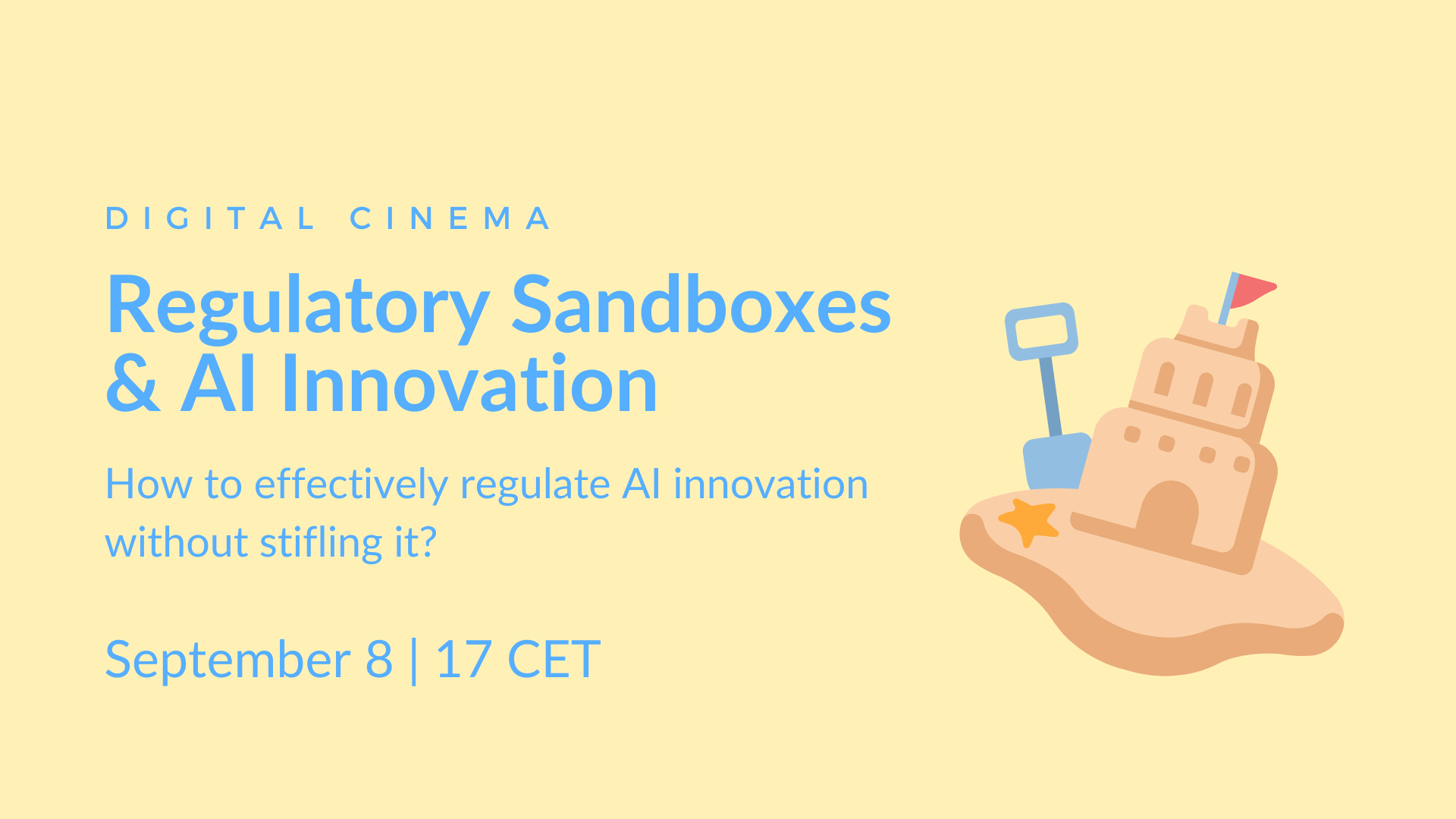
By AI & Fairness
•
17 Aug, 2022
How to effectively regulate AI innovation without stifling it? The EU Commission’s draft AI Act provides in Article 53 for 'regulatory sandboxes' as a possible answer. 'Regulatory sandboxes' ('Reallabore' in German) allow for a rules-based environment to facilitate the development, testing and validation of innovative AI systems for a limited period of time before they are placed on the market or put into service. Both regulators and innovators can gain insights into how the technology functions, where possible compliance risks lie and also recognize and predict regulatory loopholes early in the process. What does the framework of a regulatory sandbox look like? How does the envisaged co-creation of regulation and innovation work in practice? How do regulatory sandboxes fit into the European and German AI strategies? And what are the current developments in the field, especially in healthcare and climate tech?
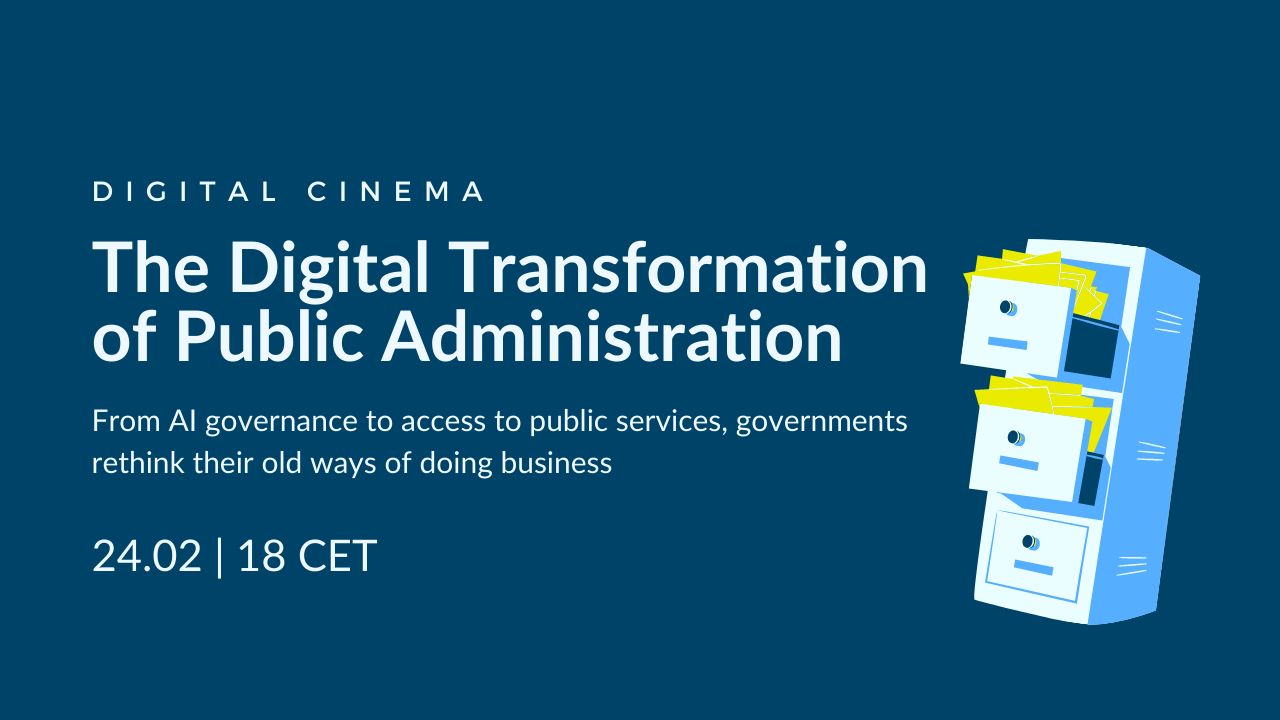
By Digital Democracy
•
16 Feb, 2022
Today, governments are increasingly committed to digitizing public services and their administration, with the aim of making administrative procedures simpler and more accessible. Overall, this digital transformation of public administration can have consequences going beyond a simple modernization of the state, transforming the traditional models of governance, by being an instrument of open government. Indeed, the digital transformation of administrations can enable states to evolve towards a more horizontal model of governance relying on transparency and openness of public data, as well as promoting collaboration with civil society in the design of public policies. We aim at addressing the digitization of public action, for example by evoking the design of public services, the co-creation process with citizens, the use of artificial intelligence in administration, but also the challenges linked to the dematerialization of public services.

By Big Data & Antitrust
•
24 Aug, 2021
What is the current shape of Competition Law and Policy in the Digital Era? This session shall explore the contours of Computational Law & Computational antitrust. Computational antitrust is as such a specialist field of computational law that purports to improve antitrust analysis and procedures by assistance of legal informatics. The implementation of computational methods is essential to improve the overall functioning of antitrust agencies. This is particularly important in light of the recent cases against the Big Tech. This conversation also aims to cover the current efforts by regulators when assessing Big Tech companies in their relevant markets and analyzing data-intensive markets. We also intend to jump back to some classic examples of tech-based antitrust case law to reconsider if regulators and enforcers use lessons from the past in shaping their reactions to contemporary challenges in digital markets.
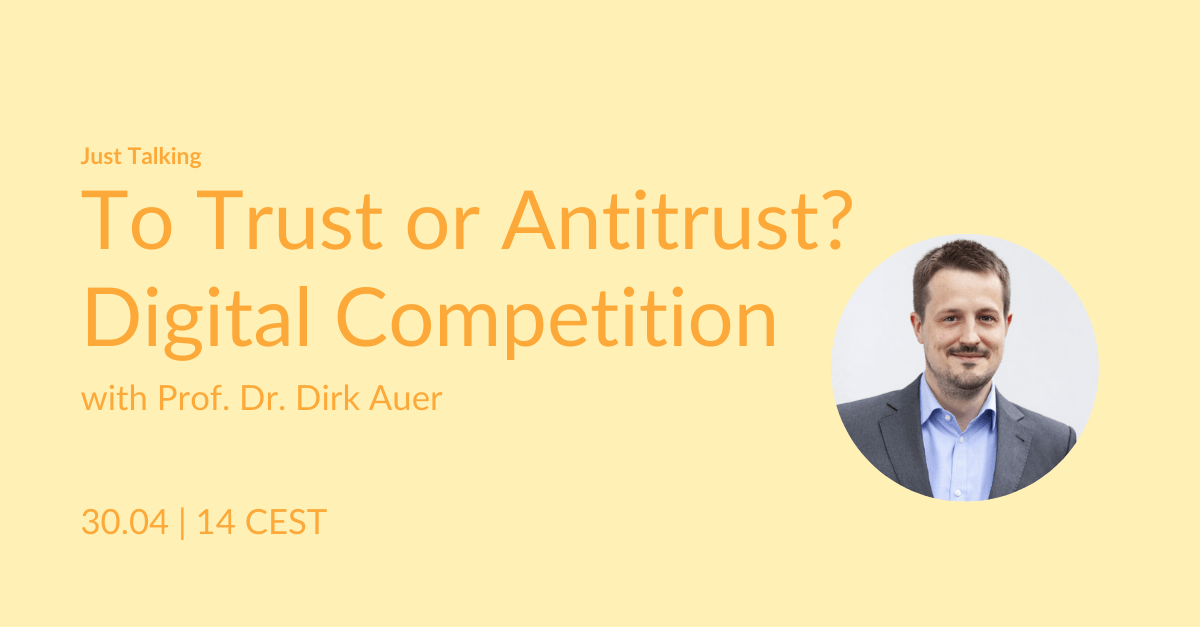
By Big Data & Antitrust
•
22 Apr, 2021
What is the current shape of Competition Law and Policy in the Digital Era? Changes in the digital environment and in technology business models increasingly unleash conundrums for both theory of competition law, policymaking and enforcement. There doesn’t seem to be one answer that fits all.
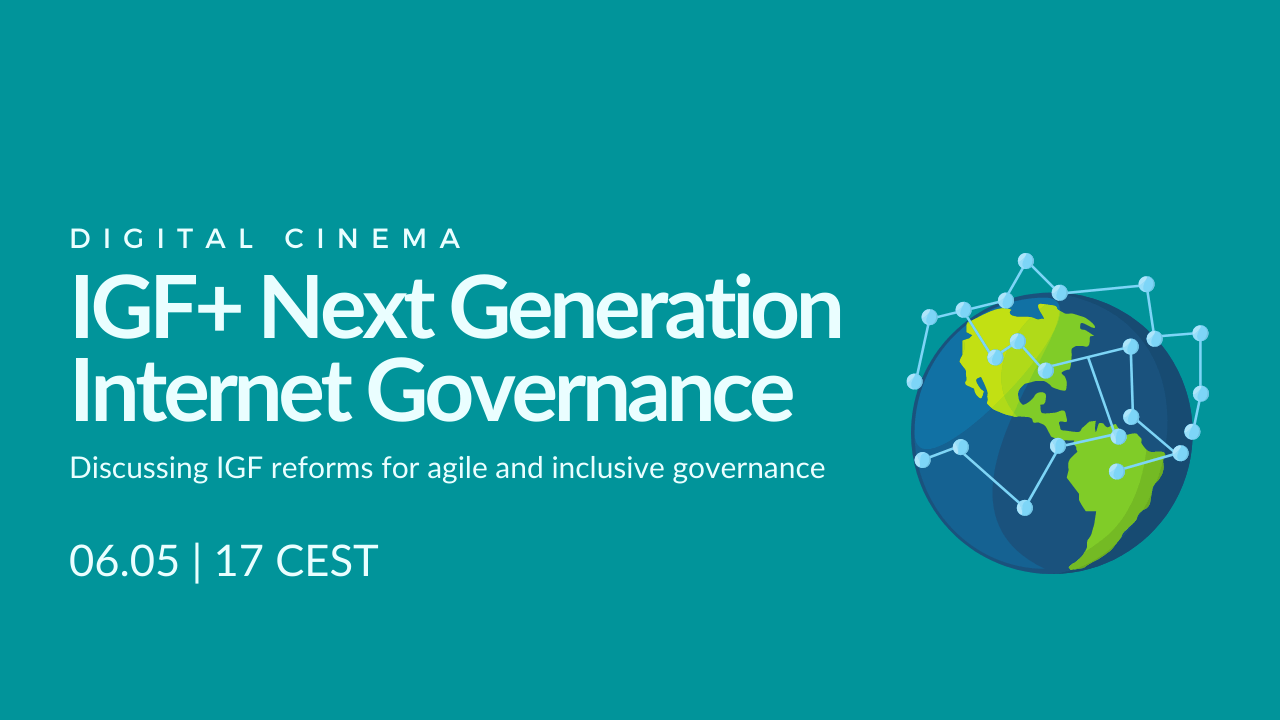
By Policy Communication
•
22 Apr, 2021
Enhancing Internet governance requires multiple actions and reforms to make it more responsive and relevant to current digital issues, in particular, to ensure that technology is harnessed for good, seek the opportunity to manage its impact and ensure that it presents a level playing field for all. The role of the IGF+ becomes key on digital issues, but also it will face some important challenges. For instance, it will need to address how to ensure the cooperation and participation of different stakeholders (business, academia, civil society and technical organisations) that will help to respond to digital issues and evaluate trade-offs as they emerge. Another challenge is to overcome the silos between technical knowledge, civil society and policymakers, which can be critical for adopting and implementing policies. In particular, it will be essential to address how to strengthen institutional links between the IGF+ and the UN for an effective action.

By Science Communication
•
09 Mar, 2021
Governments are taking unprecedented steps to track, trace, contain and mitigate the spread of Covid-19 by resorting to digital technologies and advanced analytics to collect, analyse and share data for front-line responses. Data is essential for efficiently tackling the pandemic and forecasting the spread of the virus, to assess the resources of health care systems and to evaluate the efficacy of policies restricting the movement of individuals. While contact-tracing technologies can be useful to limit the spread of the virus, if left unchecked, they can also be misused for extensive collection and sharing of personal data, mass surveillance, limiting individual freedoms and challenging democratic governance.
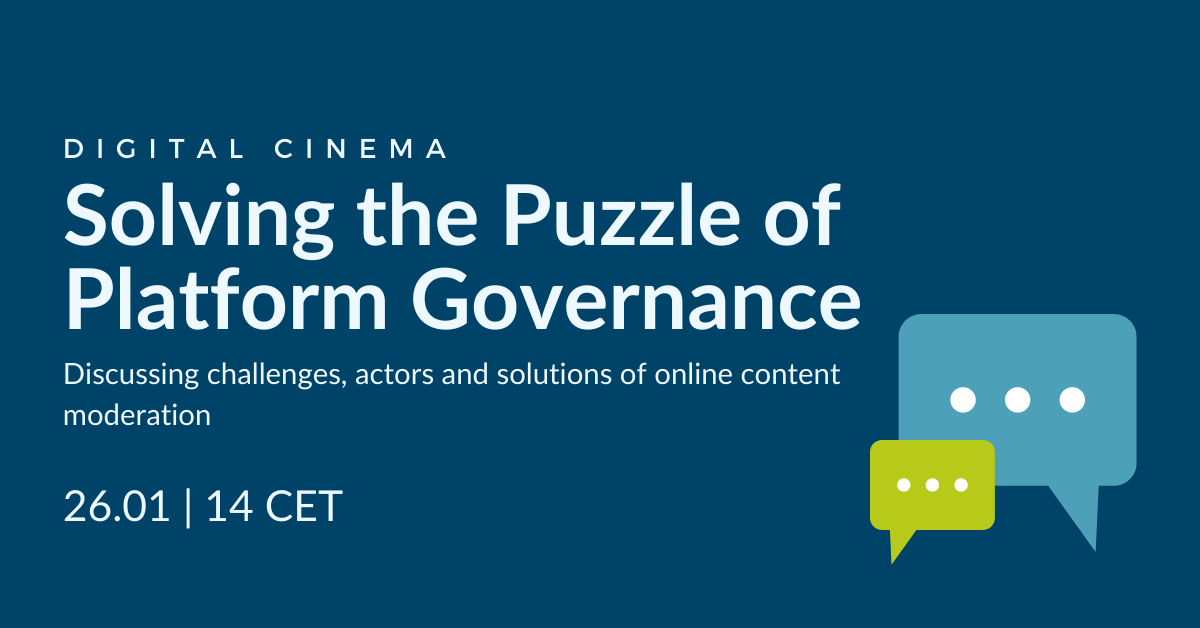
By Digital Constitutionalism
•
22 Jan, 2021
From the Rohingya genocide in Myanmar to the recent U.S. Capitol riot, society has witnessed social media being used as amplifiers of hate speech and disinformation unraveling the fabric of democracy worldwide. As a result, both public and private actors are increasingly under pressure to play a more active role in online content moderation inevitably raising other concerns. Social media companies like Facebook, Youtube and Twitter are criticized for their lack of transparency and democratic legitimacy in taking such decisions. On the other hand, governments tend to outsource human rights decisions constitutionally reserved for courts to private actors. Some are tempted to interfere by censoring political dissent. From Facebook’s Oversight Board to Article 19’s Social Media Councils and the EU Commission’s Digital Services Act, we discuss new emerging concepts that seek to address the challenges of online content moderation in an endeavor to put the pieces of platform governance together.

By with Prof. Florence G'Sell, Sciences Po Paris
•
18 Jan, 2021
In the aftermath of the US Capitol riot, technology companies from Facebook and Youtube to Shopify, Snapchat, Twitch and TikTok deplatformed the outgoing US president along with myriad of other accounts responsible for spreading disinformation about the US elections and inciting a deadly insurrection at the heart of American democracy. Parler, a right-wing social media company, faced the same fate from its service providers. Despite little sympathy for facilitators of anti-democratic sentiment, this unprecedented move highlights the unchecked power of technology companies. With an eye on legislative efforts in the EU and US, we navigate around questions of accountability and liability for social media companies. While different constitutional traditions shape the global debate, policymakers still face the same dilemmas. How can constitutional safeguards be juxtaposed against corporate responsibility? Where to draw the line between censorship and freedom of speech?
Join us aboard
To solve global challenges we need interdisciplinary and diverse research teams. Do you share the same passion for making our digital society just and democratic?

